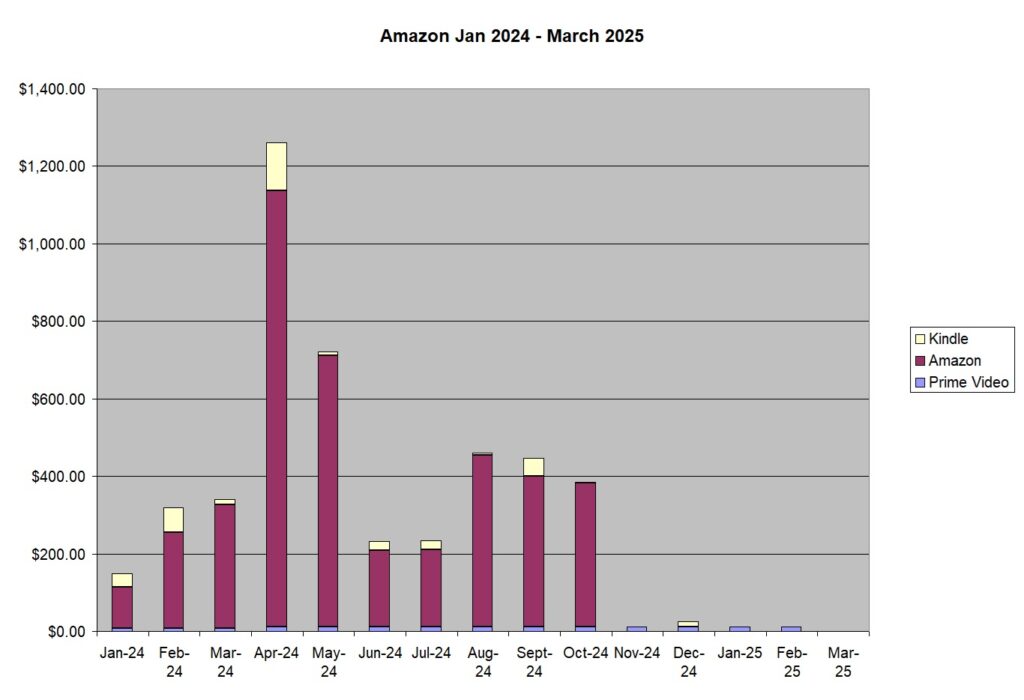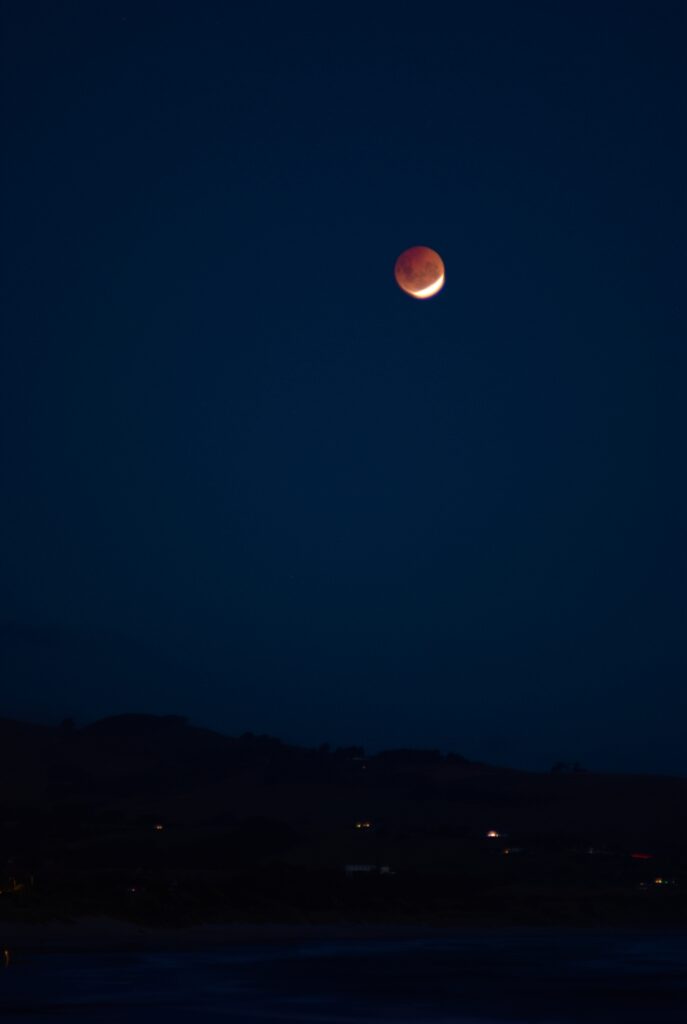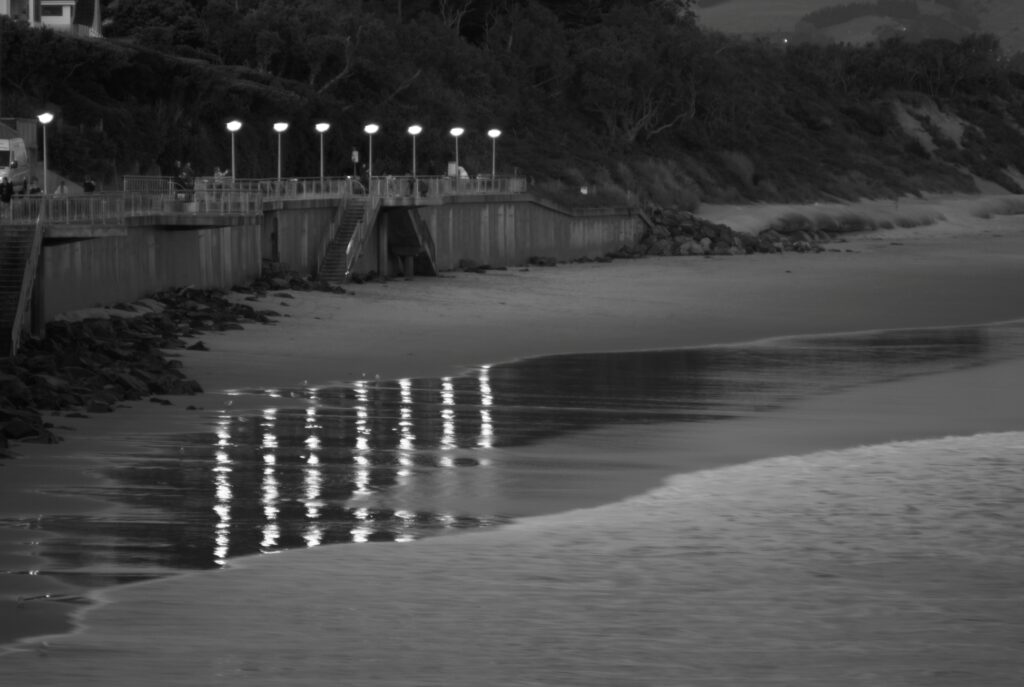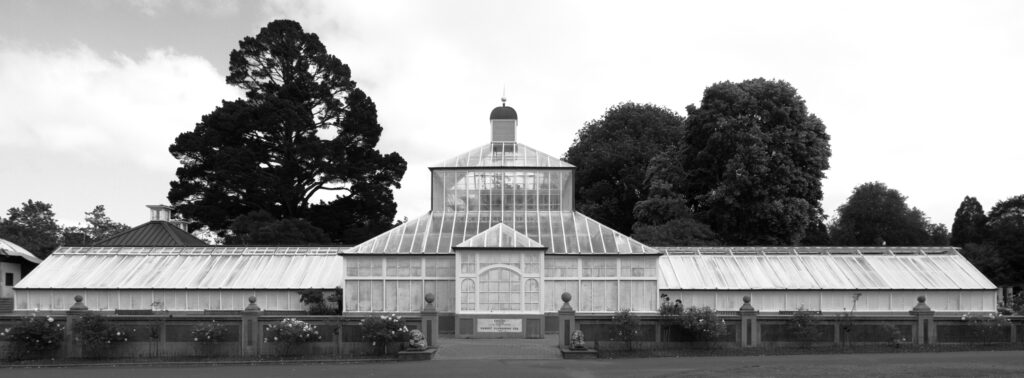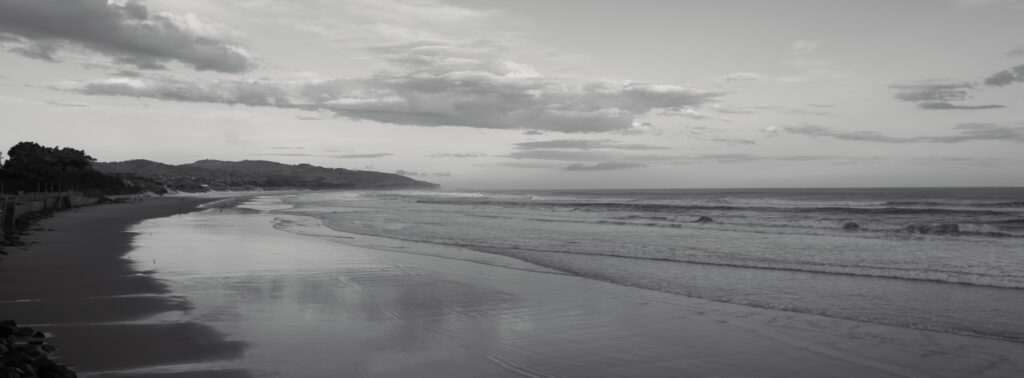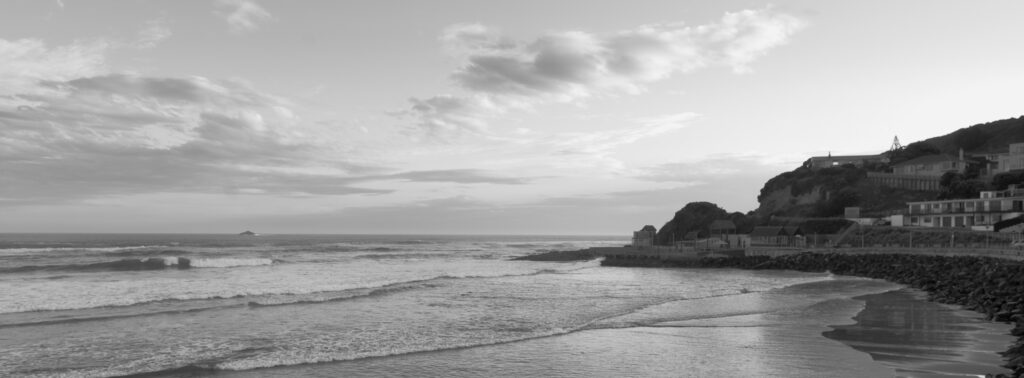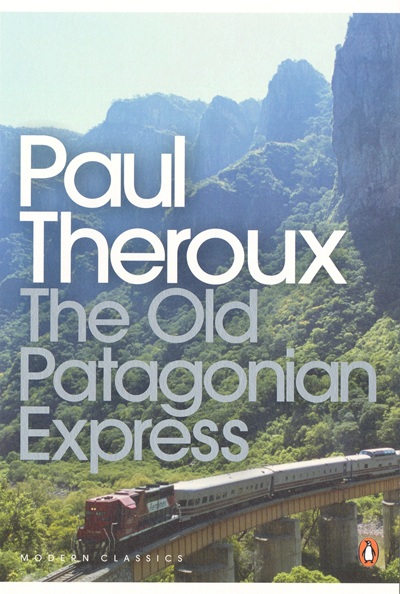Pope Francis | Jorge Mario Bergoglio 1936-2025
The Pope has died.
I’m not a very observant Catholic, although over Lent and Easter I have found myself returning to Mass with more regularity. I don’t really like to talk about religion that much because I consider myself a secular pluralist – as I’ve discussed before.
But this is my blog, that’s my name in the URL and while I’m not going to beat you over the head with religion at a dinner party, I might as well gently prod you with it here.
Pope Francis was my kind of pope. His emphasis on mercy, understanding and reconciliation was very much needed after the more doctrinaire Pope Benedict XVI and Pope John Paul II. In the wake of the abuse scandals and especially the cover-ups, a lot of Catholics like me were very angry at the Church and I suffered a spiritual loss when I lost the compulsion to observe my faith.
Pope Francis’s approach to his ministry demonstrated that Catholic spiritual life and engaging in the world as it is are not incompatible. Without that approach I don’t think I would have been open to returning to church.
I hope when a new pope is elected by the College of Cardinals, that he builds on Pope Francis’s work. This world, as always, could do with more mercy, love and understanding.
Eternal rest grant unto him, O Lord,
and let Your perpetual light shine upon him.
May his soul and the souls of all the faithful departed
rest in peace.

